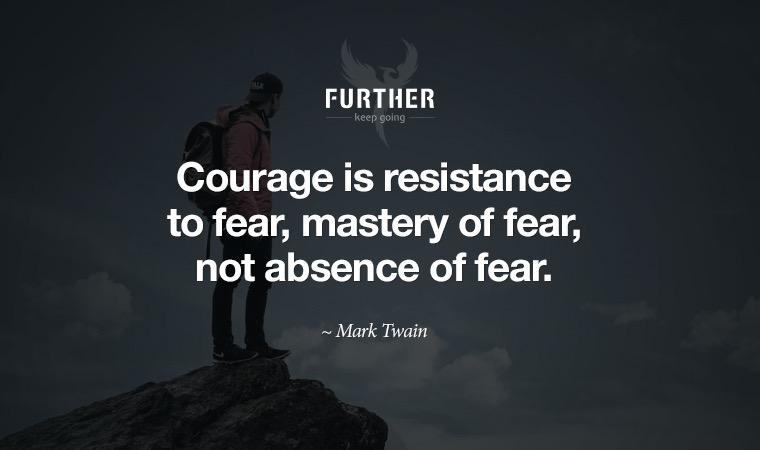
If COVID-19 is the enemy, then I’d say it’s scored major points by manipulating our emotions around fear. Pretty much everyone is in some form of fight, flight, or freeze. From protesters filling state capitols to adrenalin-filled grocery shopping missions, regardless of what scares you most, the emotional toll of the virus is infectious.
There is a way you can inoculate yourself, and it starts with taking a page out of Stoic wisdom. Seneca saw anticipating problems as a wretched waste of time. Bad things can and will happen, and acceptance of that fact is key to staying calm.
That sounds easier said than done, so what’s the next book to take a page out of while facing down COVID-19? Why, naturally, the insights of a security expert — Gavin de Becker.
Don’t fear the reaper (or the gatekeepers)
I used to work out with a personal trainer who had a big sign in her studio: “Fear is False Evidence Appearing Real.” While that’s motivating when, say, doing multiple sets of burpees (something that scares me to this day), it’s not always true.
When you’re in imminent danger, the neurological fear-response is life-saving. Otherwise, it shouldn’t be your go-to reaction to the news, for example, whose dark, dire predictions and stories should fuel your knowledge, not your fear.
De Becker urges people to use their intuition to cut through the noise and identify actual threats, which are split-second warnings, not an ongoing state of being:
If one feels fear of all people all the time, there is no signal reserved for the times when it’s really needed.
Focusing on the real threat, like direct, prolonged contact with a sick person, is a more rational and ultimately soothing response. And if you find yourself constantly on high alert, it’s not even fear anymore that’s got you by the neck. It’s anxiety.
High anxiety
My meditation teacher has a simple explanation of anxiety: it’s resistance to reality. It flourishes in the gap between your actual experience of the world and what you wish it were. This is always a precarious place that’s heightened in a time of prolonged uncertainty.
From a meditative place, the best way to deflate anxiety is to lean into that discomfort and open up to the way it feels to be alive. The security expert’s stance is similar; accept that life is uncertain, and go into situations with eyes wide open.
That will empower you to make better predictions based on reality. This, in turn, boosts your certainty and confidence and lowers your anxiety.
As de Becker says, fear is a gift. And there’s no better time to use it wisely as the present.
Rethinking Fear | Farnam Street
